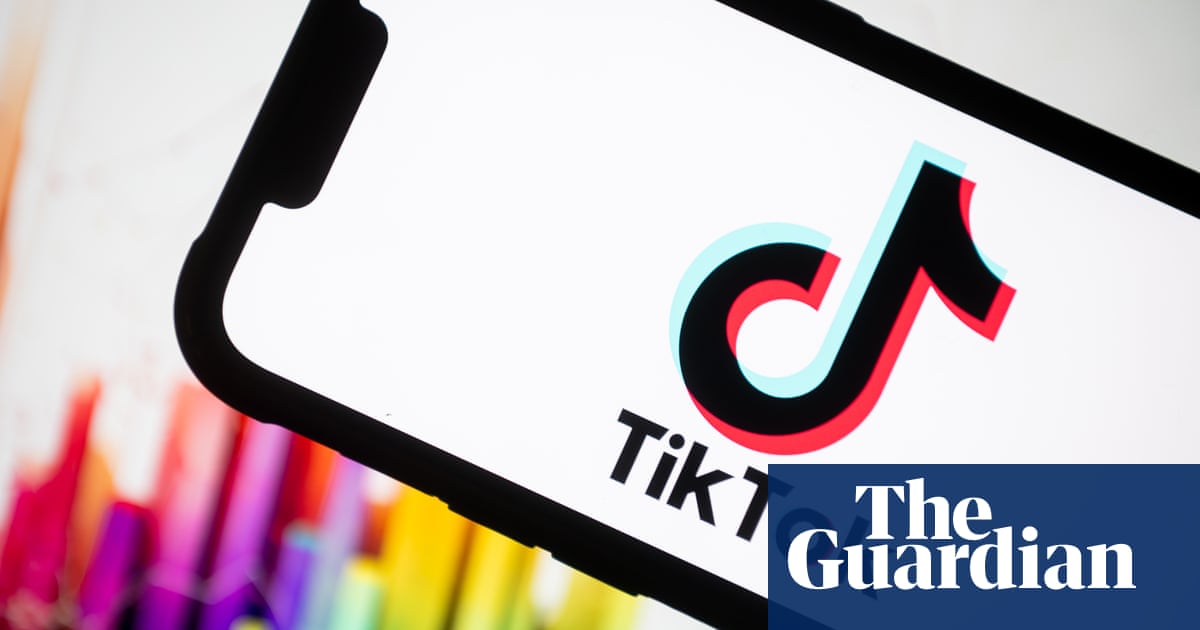TikTok Is Getting Its Day In Court

TikTok took its case against a threatened US ban to a federal court on Monday where it contended that a law targeting the video platform was “unconstitutional”.
TikTok argued its case to a three-judge panel at an appeals court in Washington DC on Monday. An attorney for TikTok and ByteDance, Andrew Pincus, said TikTok was entitled to a right to freedom of speech: “The speech here that is being banned, we would say, or at a minimum burned, is the speech of the US speaker.”
In April, Joe Biden formally introduced a law that gives TikTok’s Chinese parent, ByteDance, until 19 January to sell its stake in the platform to an approved buyer, due to concerns that the app poses a national security threat.
In the lawsuit contesting the threatened ban, TikTok and ByteDance argue that the law is unconstitutional and impossible to implement. They assert that the Protecting Americans from Foreign Adversary Controlled Applications Act is a breach of the first amendment, which protects freedom of speech, and that the government cannot dictate ownership of an online platform.
However, the judge, Sri Srinivasan, pushed back and said the concern was that there was a foreign entity moderating and potentially manipulating the content on TikTok. “This case is different because it involves something that is happening abroad,” Srinivasan said. “When it’s a foreign organization, they don’t have a first-amendment right to object to a regulation of their curation.” TikTok would also be able to continue to exist so long as it divested from being subject to Chinese control, he later agued.
“I think in the divestiture context, we still have a burden on the US speaker’s rights,” Pincus countered.
The lawsuit adds there is “no question” the law will lead to the shutdown of TikTok and will silence the “170 million Americans who use the platform to communicate in ways that cannot be replicated elsewhere”.
“The ‘qualified divestiture’ demanded by the act to allow TikTok to continue operating in the United States is simply not possible: not commercially, not technologically, not legally,” the suit states.
The former Treasury secretary Steven Mnuchin and the billionaire Frank McCourt have expressed interest in buying TikTok, although the Chinese government has signalled it will oppose a sale due to restrictions on selling sensitive technologies.
Free speech campaigners including PEN America have filed amicus briefs – a means of expressing support for one side in a case – in support of TikTok and ByteDance’s lawsuit.
Opponents of the law stress that a ban would also cause disruptions in the world of marketing, retail and in the lives of many different content creators, some of whom are also suing the US government. TikTok is covering the legal costs for that lawsuit.
An attorney representing TikTok creators, Jeffrey Fisher, argued that users have an interest in working with the publisher and editor of their choice – even if it is a foreign entity. He compared TikTok to Politico, Al Jazeera and Oxford University Press. When asked how the ownership of TikTok is related to first amendment interests of creators, Fisher said: “Our interest is working with the publisher and editor of our choice, which is the current ownership.”
In court documents submitted over the summer, the US Department of Justice outlined its main concerns, which centre on data and the potential manipulation of users. It said TikTok collected vast amounts of user data, including sensitive information on viewing habits, that could fall into the hands of the Chinese government. It also claimed the TikTok algorithm that curates what users see on the app could be manipulated by Chinese authorities.
after newsletter promotion
“By directing ByteDance or TikTok to covertly manipulate that algorithm, China could for example further its existing malign influence operations and amplify its efforts to undermine trust in our democracy and exacerbate social divisions,” the justice department said.
TikTok has said it does not share user data with the Chinese government and that concerns the US government has raised have never been substantiated.
Legal experts expect the case to go to the supreme court, with the losing side in the federal court process expected to appeal against the ruling.
The Associated Press contributed reporting
READ MORE HERE
